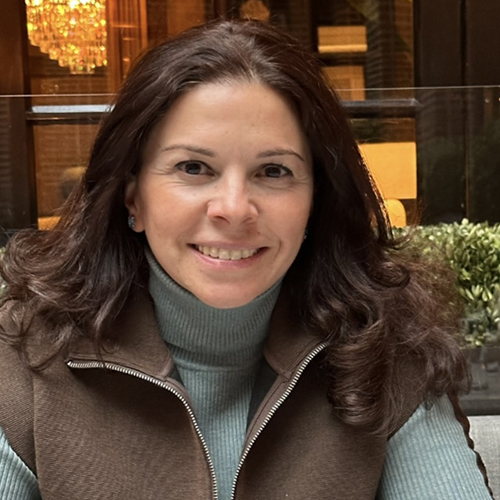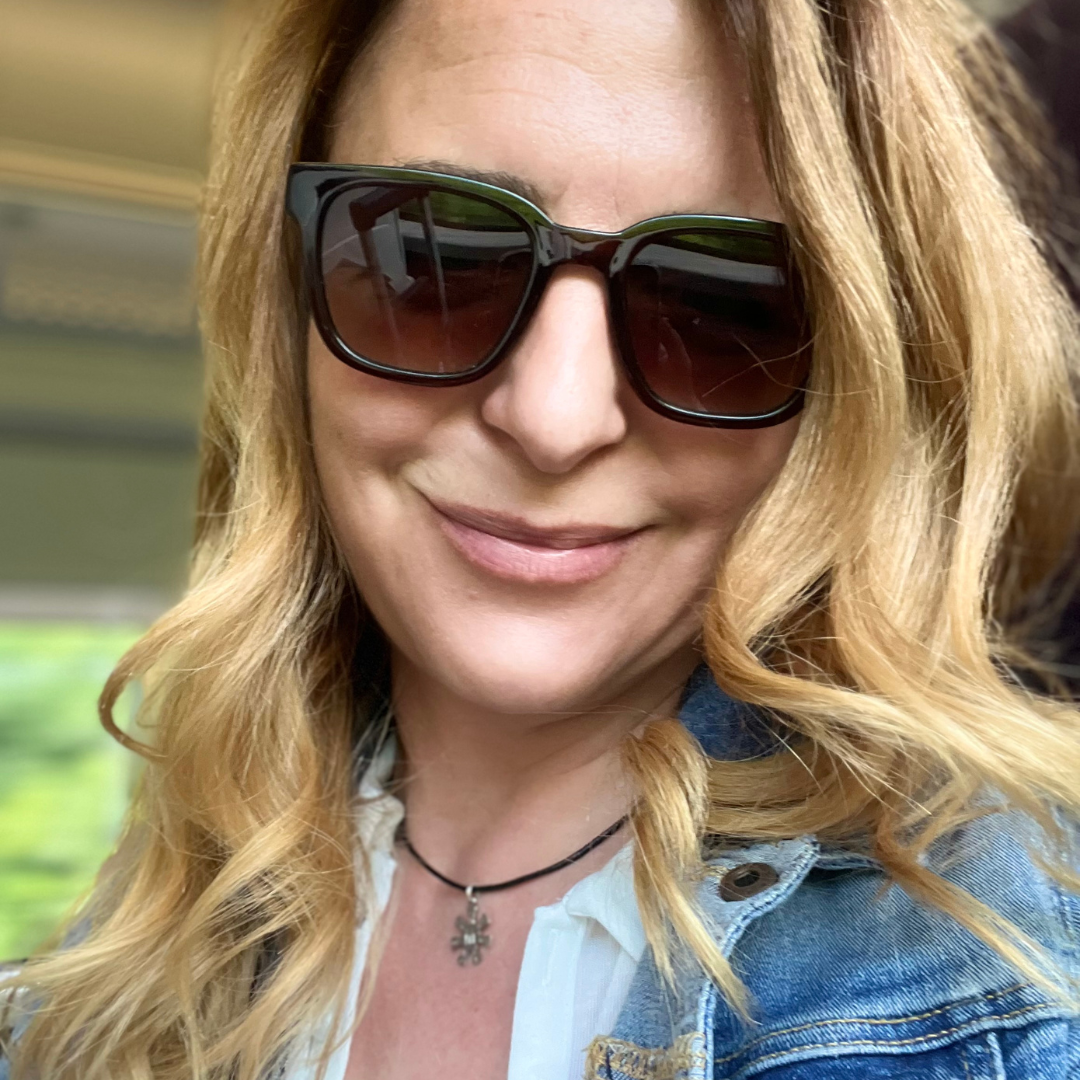We are at a turning point in how we understand and interact with information. Gabriel Fairman, in his insightful talk, describes this transition as moving "from the age of text to the age of knowledge." This evolution reshapes how businesses, industries, and individuals use data to make decisions.
But what does this shift mean, and how does it affect the way we work? Let’s explore the continuum from text to knowledge—and even to wisdom—and its implications.
From Data to Knowledge: A Continuum of Understanding
Fairman explains that there’s a progression in how we process information:
- Data: Scattered, raw, and unstructured information.
- Information: Organized data, such as a phone book that links names to numbers.
- Knowledge: Insights gained by cross-referencing and analyzing information to make informed decisions.
“We’re still burdening the human to create knowledge out of text,” says Fairman.
While technology has made strides in organizing information, translating it into actionable knowledge remains a challenge. For example, translation memories and glossaries store vast amounts of structured data but still require manual effort to connect and analyze.
What Makes Knowledge Powerful?
The age of knowledge is characterized by the ability to make informed decisions based on insights derived from vast data sets. Fairman highlights the importance of cross-referencing information to build a deeper understanding:
“Knowledge isn’t just about knowing facts. It’s about taking in structured data and generating insights to make better decisions,” he says.
For instance, translators may need to decide whether to use a term that aligns with SEO goals or one that resonates better with the audience’s cultural context.
This level of decision-making requires not just information but the tools and systems to process it effectively.

From Knowledge to Wisdom: The Next Frontier
While we’re still navigating the age of knowledge, Fairman also envisions a potential shift toward wisdom. He contrasts the two:
“Knowledge is about narrower outcomes, like finding the best way to the beach. Wisdom is about reflecting on whether you should go to the beach at all,” he explains.
Wisdom involves synthesizing knowledge over time, making broader inferences, and considering long-term impacts. In the context of technology and the translation industry, reaching the age of wisdom would mean creating systems capable of understanding nuance, context, and broader implications.
Implications for the Translation Industry
The shift to knowledge brings both challenges and opportunities for translators and localization experts. As Fairman notes:
“There’s a lot more burden to do something with this knowledge.”
Translators must navigate complex decisions, like choosing terms that optimize search engine rankings while staying true to brand identity and audience needs.
This is where advanced systems and AI agents come into play. By automating the process of cross-referencing vast amounts of data, these tools can reduce the cognitive load on humans, allowing them to focus on more strategic tasks.

Looking Ahead: The Role of Technology
As we transition deeper into the age of knowledge, tools and technologies that can synthesize information will be crucial. Fairman emphasizes that these systems must evolve to not only organize data but also provide actionable insights.
“When agents can facilitate complex decisions, it becomes much simpler for people to make informed choices,” he says.
This ability to process micro-decisions daily could eventually lead us closer to an age of wisdom, where both technology and humans make decisions with greater depth and purpose.
Conclusion: A New Era of Decision-Making
The shift from text to knowledge is more than just a technological advancement—it’s a redefinition of how we think, work, and make decisions. By leveraging the tools of the knowledge era, we can navigate complex challenges and prepare for the next frontier of wisdom.
As Fairman aptly puts it,
“The evolution from text to knowledge is not just about organizing data—it’s about empowering us to make decisions that truly matter.”
Unlock the power of glocalization with our Translation Management System.
Unlock the power of
with our Translation Management System.

























.png)